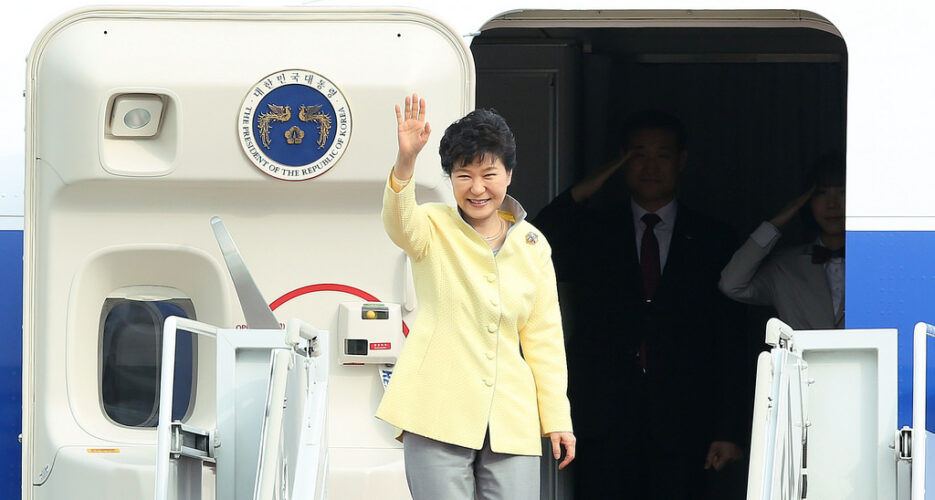About the Author
Alexander Fedorovskiy
Alexander Fedorovskiy is the head of sector for Asia-Pacific Region Problems at the Institute of World Economy and International Relations (IMEMO).

Get behind the headlines
|
Analysis N.Korea’s nuclear ambitions and possible five-party talksIn the absence of the Six-Party Talks, Park's proposal is an important, but difficult, one  In the weeks since January 6, when North Korea claimed to have tested an H-bomb, not only have international debates on this issue failed to reach any solid conclusions, but diplomatic negotiations between major Asia-Pacific countries have grown more intense. Of particular importance in this context is a proposal put forward on January 22 by South Korean President Park Geun-hye to hold five-party talks – with the participation of Russia, China, the United States, Japan and the Republic of Korea, but excluding North Korea – to discuss the situation on the Korean Peninsula. The response of the regional powers to Seoul’s proposal will undoubtedly affect the political situation on the Korean Peninsula and the DPRK's own position. The nuclear test has shown that Pyongyang intends to proceed on its path “until the United States has abandoned its hostile policy toward the DPRK,” leaving no doubt about the intentions of the North Korean leadership to develop its nuclear and missile capabilities. There are a number of reasons that induce Kim Jong Un’s regime to act in this way, with political and economic factors being intertwined. In the past few years DPRK authorities have relaxed their repression of entrepreneurs (though not approving their legal status) and allowed quasi-market operations leading to some improvement in the economic situation. However, they are not ready to deepen reforms in order to radically change the economic system. In such circumstances, “the triumph of the DPRK’s defense policy” is a tried-and-tested mechanism for blackmailing external partners to obtain commercial concessions and financial assistance in exchange for the “restraint” of North Korea's nuclear ambitions. © Korea Risk Group. All rights reserved. |